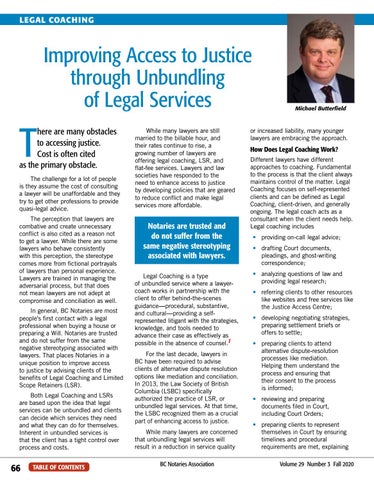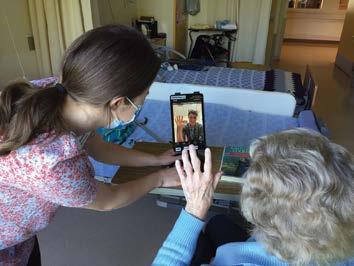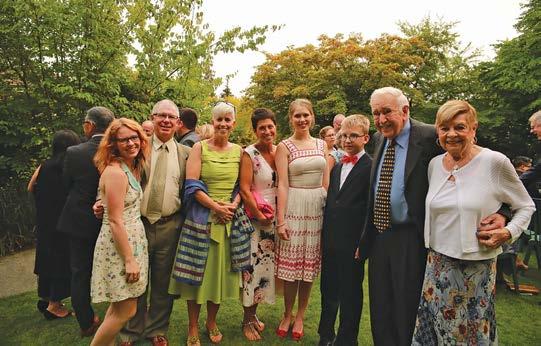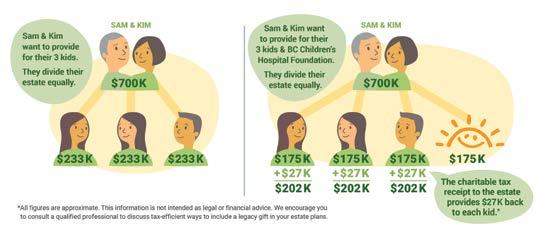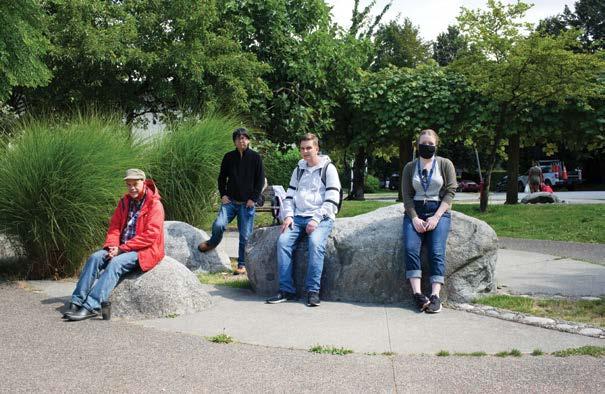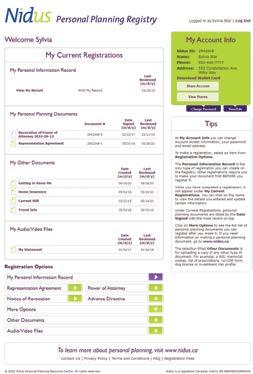LEGAL COACHING
Improving Access to Justice through Unbundling of Legal Services
T
here are many obstacles to accessing justice. Cost is often cited as the primary obstacle. The challenge for a lot of people is they assume the cost of consulting a lawyer will be unaffordable and they try to get other professions to provide quasi-legal advice. The perception that lawyers are combative and create unnecessary conflict is also cited as a reason not to get a lawyer. While there are some lawyers who behave consistently with this perception, the stereotype comes more from fictional portrayals of lawyers than personal experience. Lawyers are trained in managing the adversarial process, but that does not mean lawyers are not adept at compromise and conciliation as well. In general, BC Notaries are most people’s first contact with a legal professional when buying a house or preparing a Will. Notaries are trusted and do not suffer from the same negative stereotyping associated with lawyers. That places Notaries in a unique position to improve access to justice by advising clients of the benefits of Legal Coaching and Limited Scope Retainers (LSR). Both Legal Coaching and LSRs are based upon the idea that legal services can be unbundled and clients can decide which services they need and what they can do for themselves. Inherent in unbundled services is that the client has a tight control over process and costs.
66
TABLE OF CONTENTS
While many lawyers are still married to the billable hour, and their rates continue to rise, a growing number of lawyers are offering legal coaching, LSR, and flat-fee services. Lawyers and law societies have responded to the need to enhance access to justice by developing policies that are geared to reduce conflict and make legal services more affordable.
Notaries are trusted and do not suffer from the same negative stereotyping associated with lawyers. Legal Coaching is a type of unbundled service where a lawyercoach works in partnership with the client to offer behind-the-scenes guidance—procedural, substantive, and cultural—providing a selfrepresented litigant with the strategies, knowledge, and tools needed to advance their case as effectively as possible in the absence of counsel.1 For the last decade, lawyers in BC have been required to advise clients of alternative dispute resolution options like mediation and conciliation. In 2013, the Law Society of British Columbia (LSBC) specifically authorized the practice of LSR, or unbundled legal services. At that time, the LSBC recognized them as a crucial part of enhancing access to justice. While many lawyers are concerned that unbundling legal services will result in a reduction in service quality BC Notaries Association
Michael Butterfield
or increased liability, many younger lawyers are embracing the approach.
How Does Legal Coaching Work? Different lawyers have different approaches to coaching. Fundamental to the process is that the client always maintains control of the matter. Legal Coaching focuses on self-represented clients and can be defined as Legal Coaching, client-driven, and generally ongoing. The legal coach acts as a consultant when the client needs help. Legal coaching includes • providing on-call legal advice; • drafting Court documents, pleadings, and ghost-writing correspondence; • analyzing questions of law and providing legal research; • referring clients to other resources like websites and free services like the Justice Access Centre; • developing negotiating strategies, preparing settlement briefs or offers to settle; • preparing clients to attend alternative dispute-resolution processes like mediation. Helping them understand the process and ensuring that their consent to the process is informed; • reviewing and preparing documents filed in Court, including Court Orders; • preparing clients to represent themselves in Court by ensuring timelines and procedural requirements are met, explaining Volume 29 Number 3 Fall 2020
